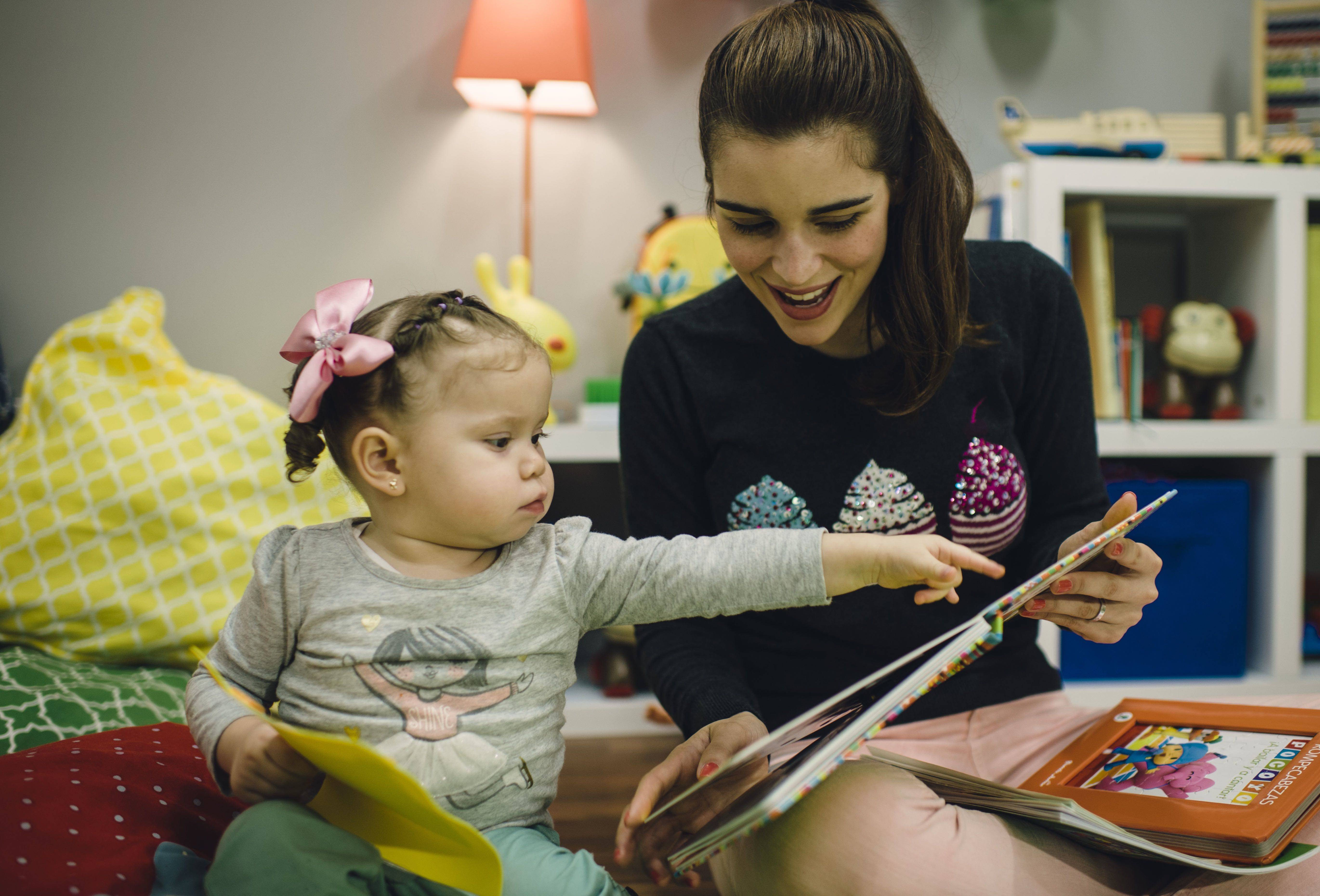Key points:
- Hand gestures are natural and prevalent in communication across different cultures and are important in language development, as children use their hands to communicate before they can use words.
- Hand gestures reinforce vocabulary acquisition in children, as parents are encouraged to name the objects children point to, boosting children’s chances of remembering the words.
- Research has found that children who gesture more score higher in language tests, particularly in vocabulary comprehension, highlighting the importance of gestures in language development.
- Parents can promote the use of hand gestures by pointing out and labeling objects with children, playing pointing games, and encouraging children to point and name objects in books, among other gestures.
People all over the world, from different backgrounds and cultures, use hand gestures when they speak. Hand movements are so natural and prevalent among cultures that researchers from different fields, like linguistics and neuroscience, have studied gestures to look for insights into language development.
It might seem funny to think that gestures are important for language development, but just imagine this scene for a second: trying to explain to your kids how to tie their shoelaces or how tall a building is in comparison to another without using hand gestures. It would be pretty difficult, wouldn’t it? It’s such a simple action, but so hard to explain without moving your hands.
Hand gestures are part of the way we communicate, especially with children, and it’s how they develop their language skills. Children use their hands to communicate with others very early on. They point to the things they want. They know what they want to say, but they can’t say it with words yet.
Relationship between hand gestures and language comprehension
Researchers Meredith Rowe and Susan Goldin-Meadow are two leading experts in the topic of children’s hand gestures and language development. They examined why some toddlers seemed to understand language earlier than others. In their study, they found that toddlers who gestured more, scored higher in language tests than other children, mainly in vocabulary comprehension. Concluding that early child gestures predict language skills later on!
By learning to gesture, toddlers pick up new words faster because it encourages parents to name the objects they are pointing at –thus reinforcing the use of the word. For example, if a child points at a car, the parent might repeat the word “car” a few times, potentially boosting the child’s chances of remembering the word.
“Now we know that pointing to objects gives children a chance to practice communicating nonverbally before they can do so with words”, Rowe says. “Pointing can also serve as a means for children to acquire information, in that children’s pointing often elicits a verbal response, or label, from a parent”.
You may wonder, why is learning new words important? Well, it turns out that vocabulary is a key predictor of school success, so by encouraging your baby or toddler to use hand gestures you can improve their vocabulary and boost their chances of doing well at school in the future!
Advice to help your child build their vocabulary through hand gestures
It’s natural to be concerned about our little one’s language development. That’s why it is important to know we can make a difference –and by pointing and promoting the use of gestures, we can create a good impact on their language development.
If you want to foster the use of hand gestures, here are a few things you can do:
- While you are walking around the house, point out and label objects with your child. Do the same everywhere that you go, for example, at the park, the grocery store, and in the car.
- Play pointing games –for example, point to some body parts while repeating the names out loud.
- When reading, ask your child “What is this?” and encourage naming and pointing the objects in the book.
- When your child points, make sure you get excited about whatever it is they’re pointing to! Participate in joint attention to provide positive reinforcement and cause more pointing.
Try these pieces of advice with your little one to encourage their language development! Remember, each kid develops at their own pace, but if you are concerned about your child’s later development, you can always consult your pediatrician. Also, you can check out our posts about how language develops!








